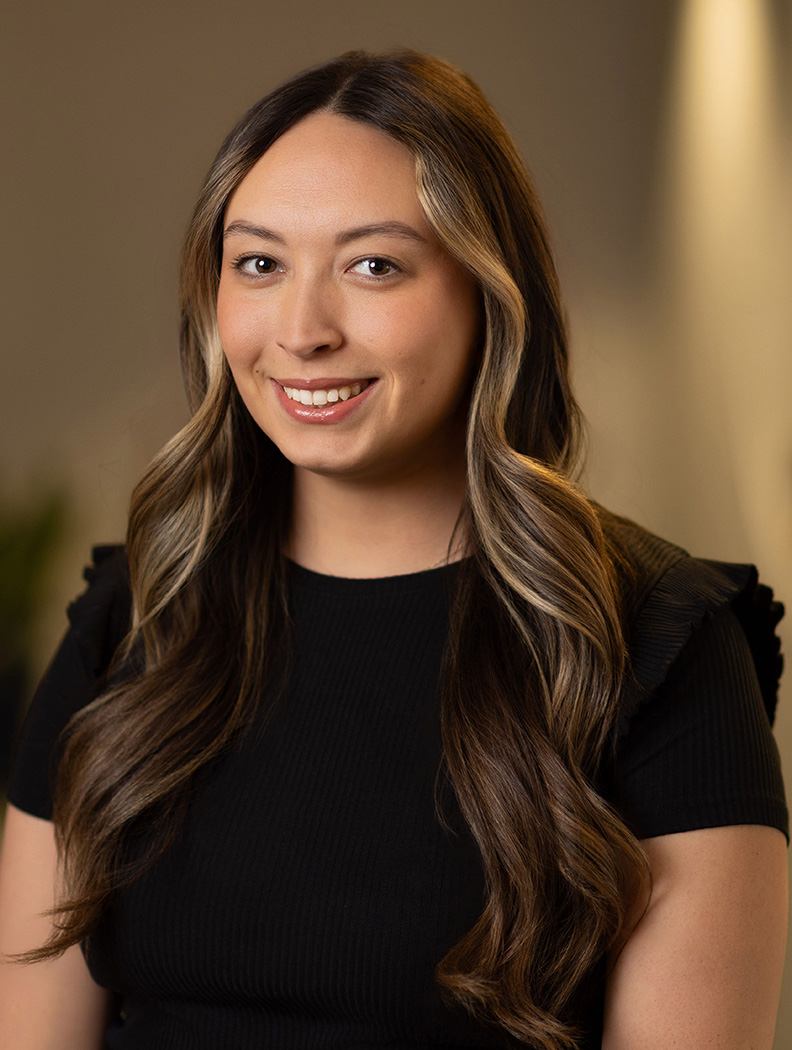Q. My 12-year-old grandson has cancer. He’s in his second chemo cycle and his hair is beginning to fall out. He’s got a positive attitude but it is tough. If I let him shave my head bald, would that be beneficial to him?
Firstly, I would like to acknowledge that as a grandparent, it’s natural for you to feel a connection to your grandson’s well-being, and witnessing him go through this challenging situation can be particularly painful. Seeing the physical effects of the cancer treatment, including hair loss, can evoke feelings of sadness. It’s important to remember that these emotions are completely normal and valid. Naturally, during moments like these, you may find yourself wanting to “do” something to help alleviate the situation.
Just like adults, when children experience hair loss it can be very distressing. Cancer treatment and side effects look different for every child and often cannot be prevented. Hair loss due to treatment can impact self-image, confidence and overall emotional wellbeing. During this time, it can be helpful to discuss these changes with the child and other family members so they know what to expect. In addition to this, you can ask them directly, how they would feel about this decision. Checking in with their feelings will be an important consideration when making this choice.
Once you know that hair loss is expected or occurring you can plan ahead. Discuss with your family member what they would like next steps to be. Do your best to use clear, simple language when talking with children while providing them with different options. Every person is different and has different needs so there is no right or wrong option. If they choose to shave their head it can be helpful to take a picture with how their hair is usually worn, so if they would like a wig in the future a hair stylist can get a better idea of what they are looking for. If they wish to keep their hair as long as possible, take time to experiment with different hats or scarves to find whatever helps with their confidence. Do your best to be patient, this can be a stressful process for all involved.
As caregivers there are a number of ways to provide support to someone experiencing side effects to cancer treatment. It’s important to accept and validate patients’ feelings, and provide a space for them express themselves. Hair is a meaningful part of our identity, losing that can change how we relate to others. Be sure to allow an outlet for their feelings. That can include sports, art, music etc. Hair loss is usually temporary and often grows back several months after treatment ends. It’s also important to know that following hair loss, hair can grow back a different color or texture.
You may find the following wig resources helpful to children and teenagers affected by hair loss.
It can also be helpful to reach out to individual and peer support so children know they are not alone. This can be found at your child’s treatment center or some of the additional resources below.
Our staff of professional oncology social workers may be able to provide additional support for you and your family. To speak with an oncology social worker, call our Hopeline at 800-813-HOPE (4673) or email info@cancercare.org.

 Answered by
Answered by